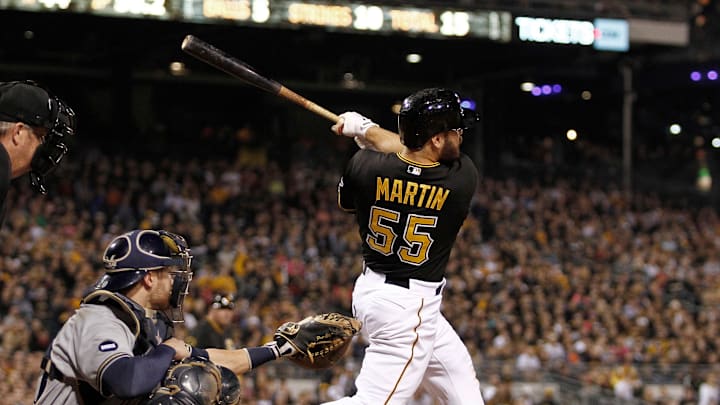1 of 5
There are plenty of times a player had a great season, but was not awarded with hardware. Here are three times a Pittsburgh Pirate had a phenomenal season but didn't earn an award.
There have been plenty of great seasons in Pittsburgh Pirates history. From Andrew McCutchen’s MVP 2013, Doug Drabek’s Cy Young winning 1990 season, and Barry Bonds winning two MVPs in the early 90s, there are plenty of times that a Pirates player has taken home hardware for their accomplishments. But there are plenty of other seasons where a Pirate didn’t get any awards, despite a great performance.
I want to take a look back through the Pirate history and examine some of the best seasons to never win any awards. This includes anything from Gold Gloves, Silver Slugger Awards, to MVPs and Cy Young trophies. So with that being said, let’s look at our first season.
